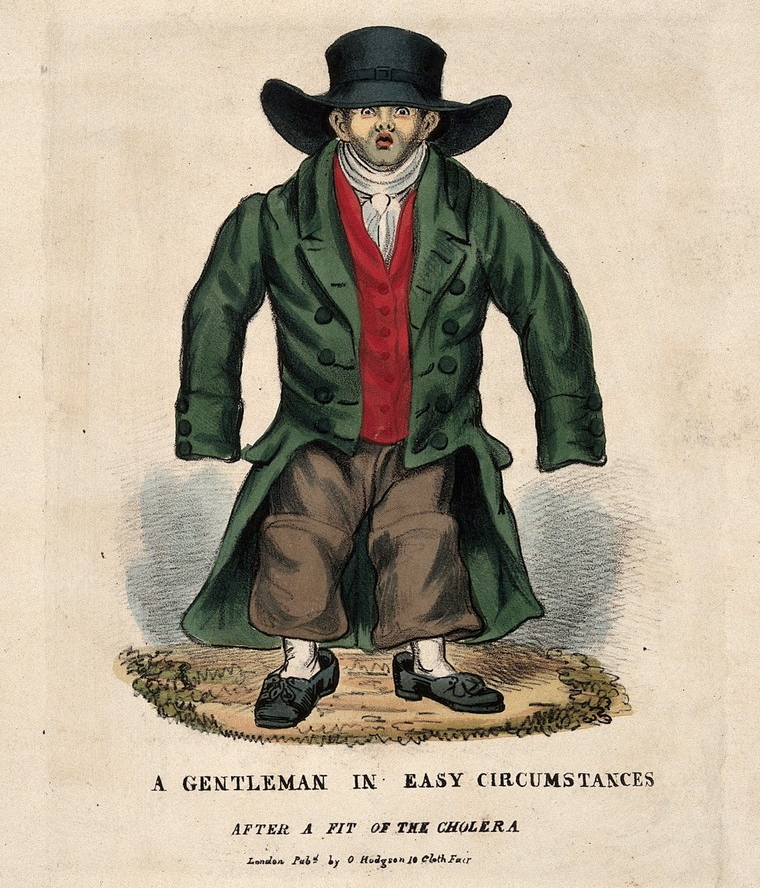- 3-minute read
- 28th December 2017
Word Choice: Lose vs. Loose
One ‘o’ or two? It makes all the difference with ‘lose’ and ‘loose’, which also sound similar when spoken. But what exactly is the difference? And how do you use these words correctly?
In today’s Word Choice post, we explain everything you need to know.
Lose (Misplace, Cease to Have or Fail to Win)
‘Lose’ is pronounced to rhyme with ‘snooze’ and ‘booze’ and has several meanings as a verb (i.e. an action word). One is to mean ‘misplace’ or ‘become unable to find’:
I always lose my keys.
This sense of ‘lose’ is quite varied. You can ‘lose a pursuer’ if someone is chasing you, ‘lose your way’ if you take a wrong turn, or ‘lose your place’ in a book if you forget which page you’re on.

A second use of this term is to mean ‘cease to have’ or ‘be deprived of’:
He’ll lose his job if he steals too many paperclips.
The other main use of ‘lose’ is to mean ‘fail to win’, such as in:
We’re going to lose the match if we keep playing like this.
This last sense mostly applies to sports and games, but also to things like arguments and fights.
Loose (Not Tight or Release)
The word ‘loose’ rhymes with ‘goose’ and ‘moose’. Usually, it is an adjective meaning ‘not firmly attached’ or ‘not tight’:
Wearing loose, airy clothing can help you stay cool.
Here, for example, ‘loose’ describes clothing that has room to spare!

(Image: Wellcome Collection)
It can also be used to mean ‘not strict’ or ‘inexact’, such as in:
Find this useful?
Subscribe to our newsletter and get writing tips from our editors straight to your inbox.
English spelling rules are loose, as there are always exceptions.
In this case, ‘loose’ is still an adjective, as it modifies the noun ‘rules’. However, this term can also be used as a verb, when it means ‘release’ or ‘set free’:
She loosed the arrow from the bow.
This is quite a rare usage, though, so it will only apply in very specific situations.
What About ‘Loosen’?
We should quickly note that ‘loosen’ is also a word. This term means ‘make less tight or firm’, making it distinct from ‘loosing’ something (i.e. setting it free):
He loosened the knot, but he didn’t untie it completely.
Remember, then, that ‘loosening’ something is less than ‘loosing’ it.
Lose or Loose?
The most important difference here is that ‘lose’ is only ever a verb, while ‘loose’ is usually an adjective. As such, if you’re not describing an action, it will be ‘loose’ you need.
When these terms are used as verbs, though, keep in mind that the ‘o’ is only doubled when setting something free. The rest of the time, ‘lose’ will be correct. Remember:
Lose (verb) = Misplace, cease to have or fail to win something
Loose (adjective) = Not tight, strict or firmly fixed
Loose (verb) = Release or set free